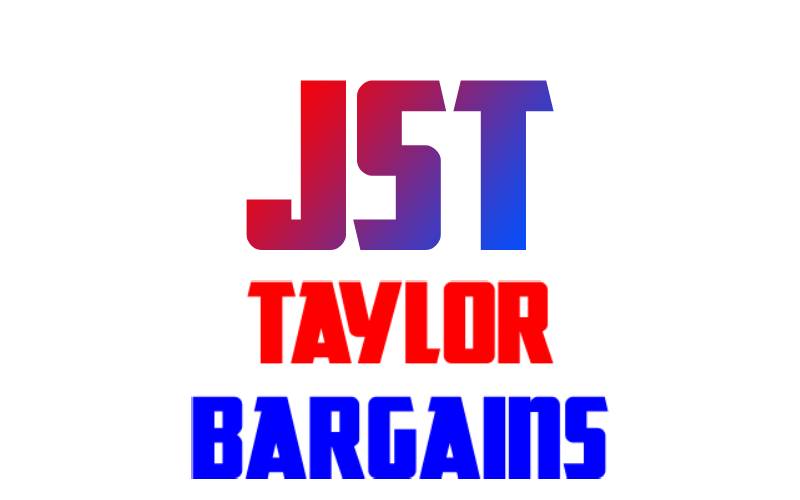For book collectors, a home library is more than just a storage space; it’s a personal sanctuary filled with treasured stories and knowledge. However, as a collection grows, keeping books organized can become a challenge. A well-organized library not only makes it easier to find your favorite reads but also creates a visually appealing space that reflects your passion for books. Whether you are a seasoned collector or just starting to build your library, here are some practical tips to help you organize your books in a way that suits your style and needs.
Assessing Your Collection
Before diving into the organization process, it’s important to assess your collection. Start by taking inventory of your books, noting how many you have and the genres they fall into. This step helps you understand the size and diversity of your collection, which is essential for deciding on an effective organizational strategy. It’s also a good time to decide which books you want to keep, donate, or sell. This initial sorting process will clear up space and make it easier to arrange the books you truly value.
Consider organizing your books by genre, author, or personal significance. For instance, you might group all your mystery novels together or set aside a special section for books by your favorite author. Some collectors prefer to organize books based on when they were read, creating a chronological journey through their literary experiences. Deciding on these categories early will guide the next steps in your organization process.
Choosing a System for Organizing Your Books
Once you’ve assessed your collection, the next step is to choose an organizational method that fits your preferences and space. Alphabetical organization by author’s last name or book title is a classic and straightforward approach, making it easy to locate specific books quickly. This method works particularly well for large collections with a wide variety of genres and authors.
If you prefer a more thematic approach, organizing books by genre or subject matter might be more appealing. This method allows you to create distinct sections within your library, such as fiction, non-fiction, history, and science fiction. It’s an excellent way to visually categorize books, making it easy to browse based on your current reading mood. For collectors who enjoy displaying their books aesthetically, organizing by color or size can create a visually striking arrangement. This method may not be the most practical for finding specific titles, but it certainly adds a unique flair to your home library.
Optimizing Your Space
Maximizing the space in your home library is crucial, especially if you have a large collection. Start by evaluating your available shelving and storage options. Adjustable bookshelves are ideal as they allow you to customize the spacing between shelves to accommodate books of varying sizes. For smaller spaces, consider using vertical shelving units or wall-mounted shelves to make the most of the area.
In addition to shelves, think about incorporating other storage solutions like bookends, baskets, or even decorative boxes for smaller or delicate books. If you have limited floor space, consider using under-furniture storage or ottomans with hidden compartments to store books discreetly. The goal is to create a functional space that allows easy access to your books while maintaining a clean and organized look.
Keeping Up Your Home Library
Organizing your library is not a one-time task; it requires ongoing maintenance to keep it orderly and functional. Make it a habit to return books to their designated spot after reading, and periodically review your collection to remove books that no longer serve your interests. Regular dusting and cleaning of shelves will also keep your books in good condition and your library looking its best.
Consider implementing a system to track your books, especially if you frequently lend them to friends. A simple notebook or a digital app can help you keep tabs on where your books are and when they’re due to be returned. This practice not only helps prevent loss but also ensures your collection remains complete and organized.
Conclusion
Organizing a home library requires thoughtful planning and a commitment to maintaining order, but the effort is well worth it for any book collector. By assessing your collection, choosing a suitable organizational method, optimizing your space, and maintaining your library regularly, you can create a functional and aesthetically pleasing book haven in your home. Whether you are organizing by genre, author, or even color, the key is to create a system that reflects your personal style and makes your reading experience as enjoyable as possible. With a well-organized library, your favorite books are always within reach, ready to transport you into new worlds and ideas.

